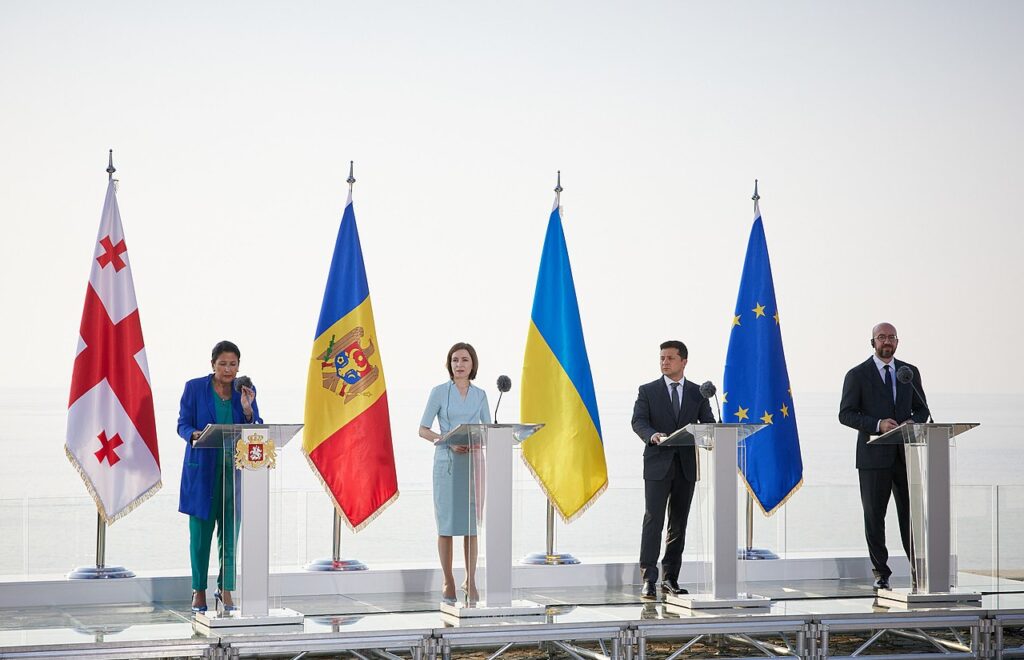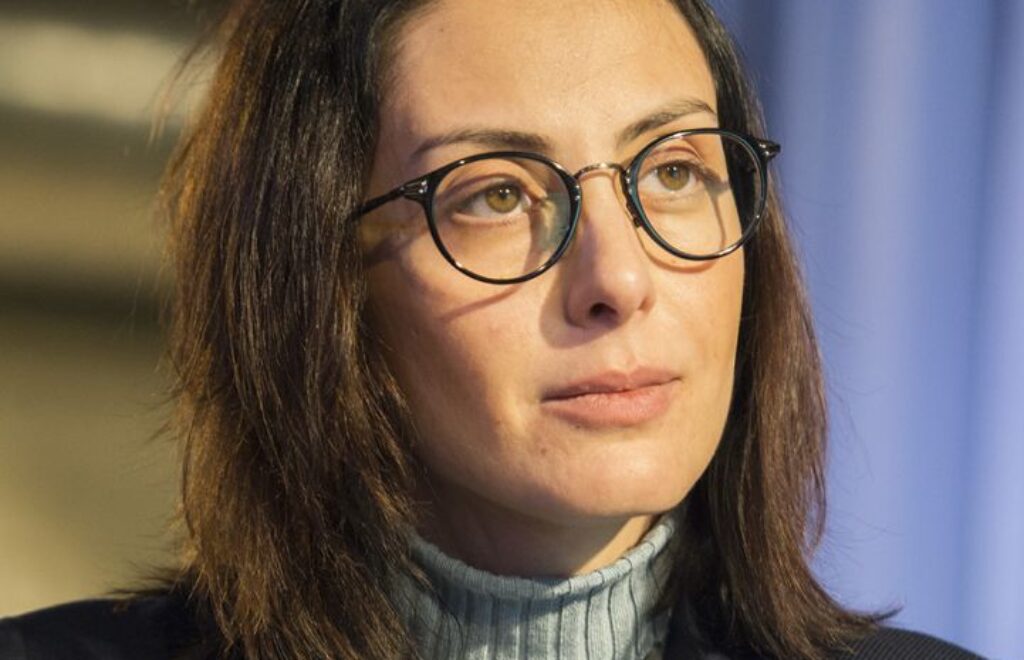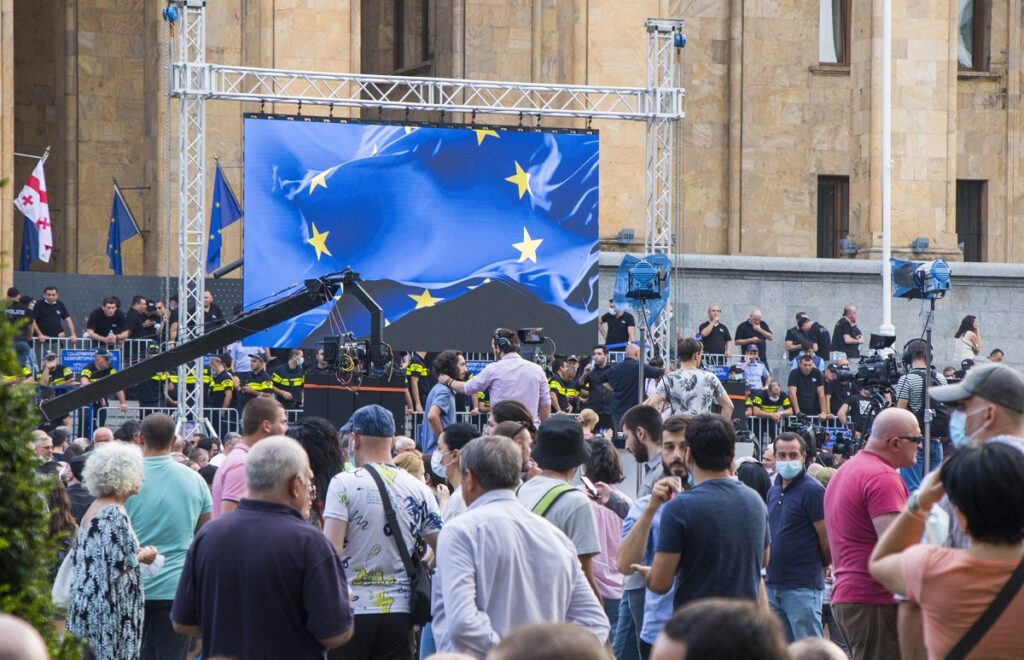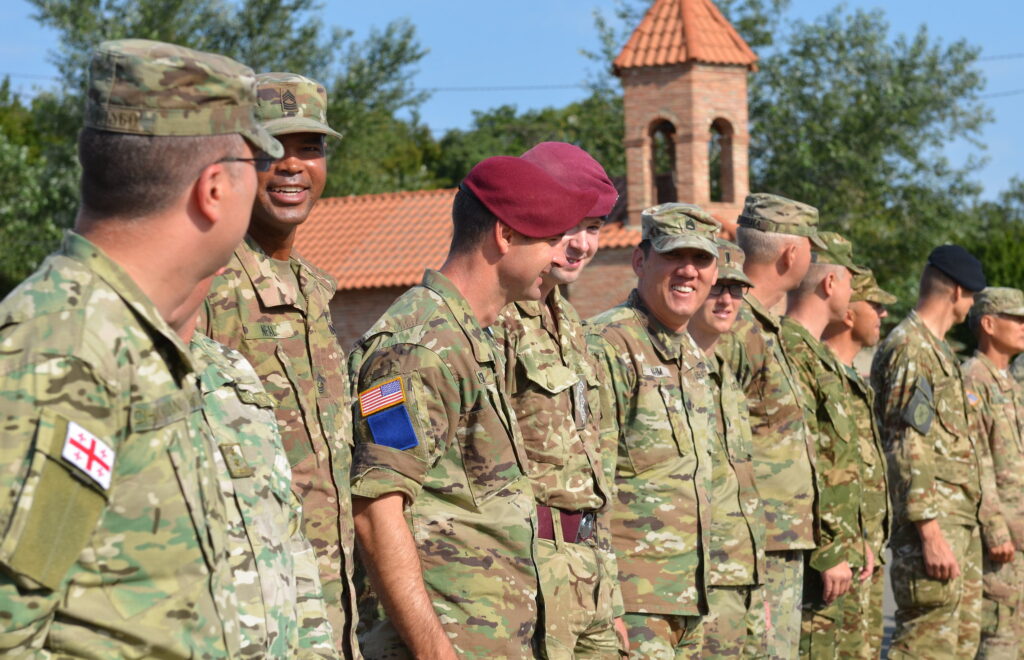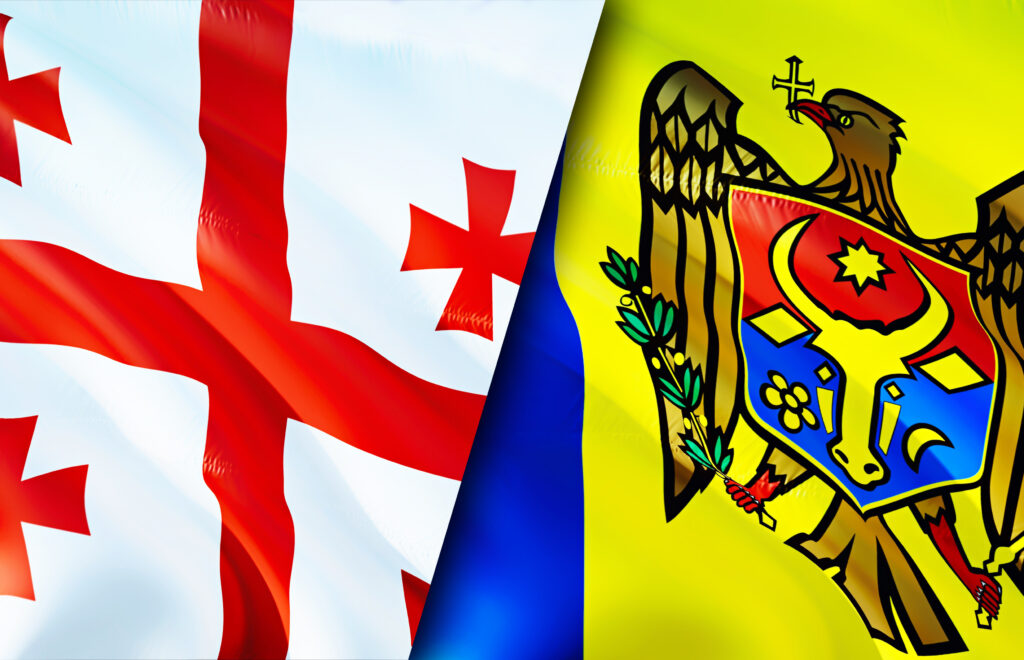The position of Georgia within the context of the Nagorno-Karabakh conflict
The main aim of Georgian policy in the South Caucasus is to sustain peace and stability while ensuring neighbourly relations with both Armenia and Azerbaijan. Tbilisi adhered to this approach during the so-called Second Nagorno-Karabakh War last year. In particular, the statement of the National Security Council of Georgia published on October 3rd 2020 serves as a proof of such a commitment. This statement stresses that the active armed conflict should come to an end as soon as possible.
December 2, 2021 - Victor Kipiani




